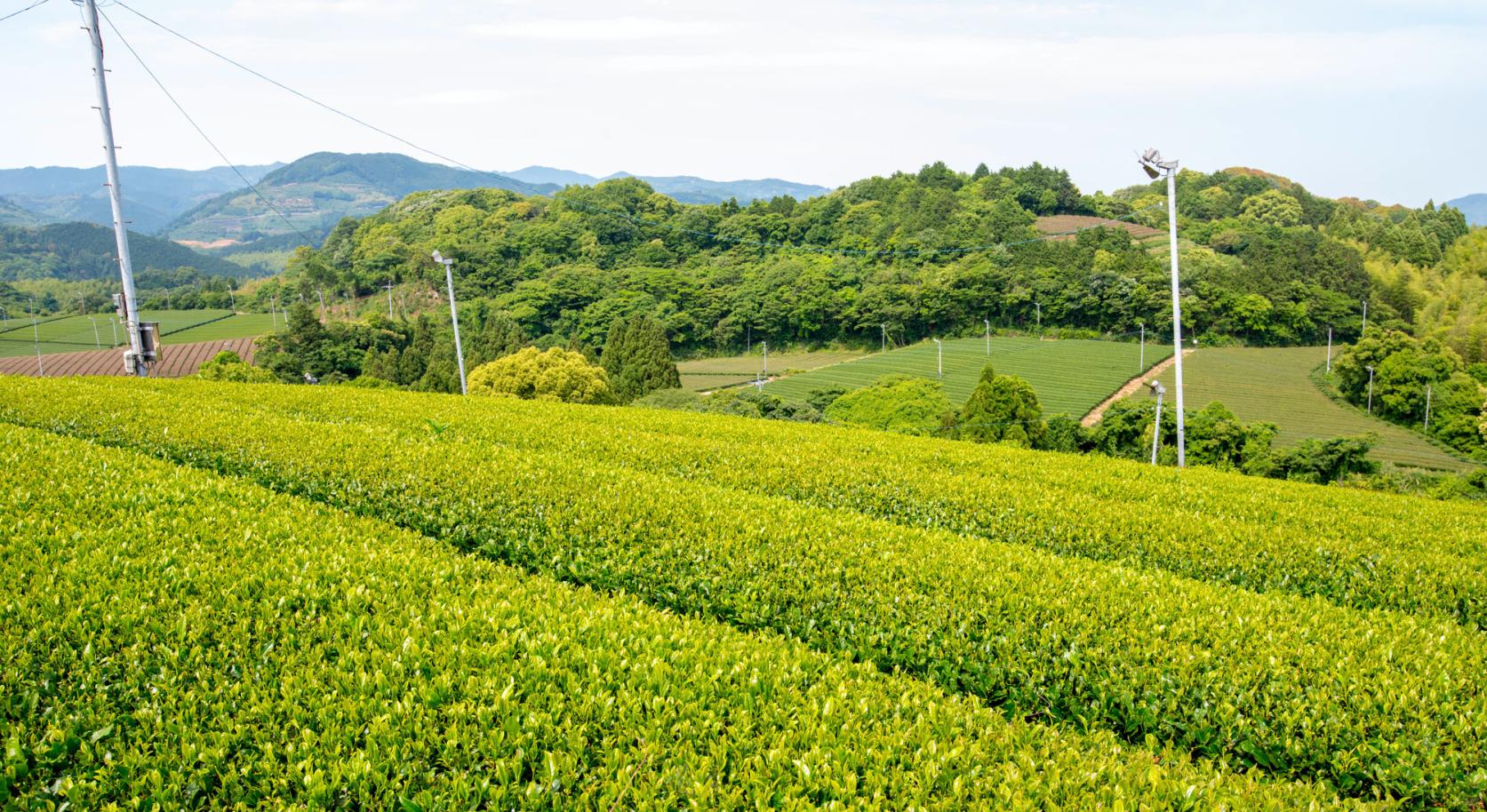
Forest Therapy Base Yame
The Yabe River flows through the center of Yame City, located in the southern part of Fukuoka Prefecture. This is the production area for Yamecha tea, famous across the country for its high quality, and beautiful tea fields are spread throughout the city.
Greenpia Yame, a tourist base in Kurogi-machi, is at the heart of forest therapy here. It owns around 3 million ㎡ of forested land on a hill 400 m above sea level, on which there are nine lakes of various sizes. There are three courses centered on the hotel that run east-west, and if you combine these, you can also create a course of up to 8 km. This can be said to be the optimum environment for forest therapy, with conifers such as cedar and cypress, rich in relaxing phytoncides, as well as broad-leaf trees such as Japanese camellia and oak.
Course Information
-

Acorn Picking Trail
View more*Currently closed due to work on the reservoir (as of June 2024)
Visitors are welcomed by the cherry trees and hydrangeas around the Greenpia Yame car park. From the path, you can discover the changing seasons by spotting mixed-tree groves, acorns in sawtooth oak woodland, and sasanqua flowers in the winter. -
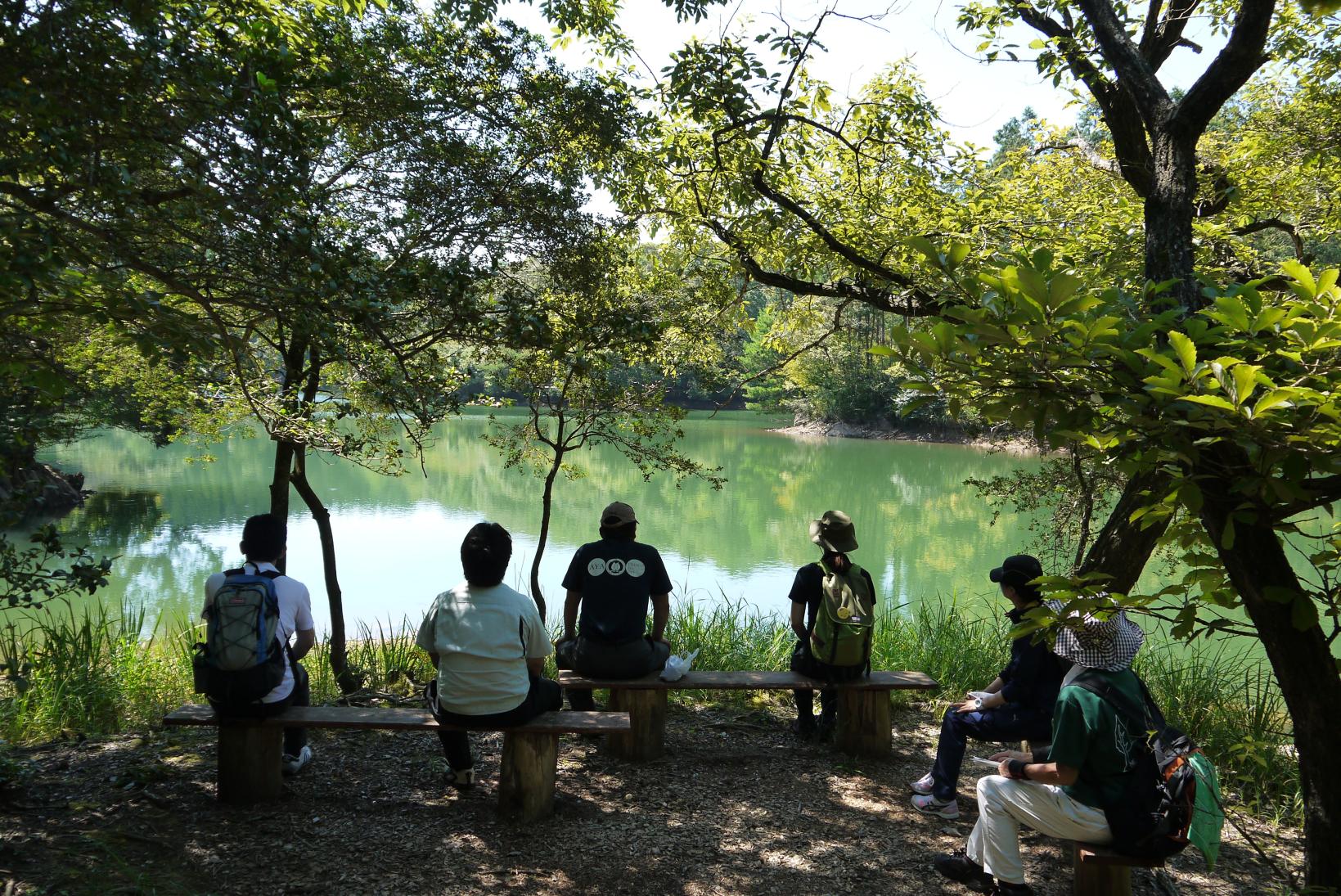
A Walk to a Spring and a Small Island
View moreThis path starts from Greenpia Yame and heads toward Zenzo Pond. Yamanaka Pond, which lies in front of huge konara oak trees, boasts still waters thanks to the surrounding broad-leaf trees shielding its surface from the wind. The combination creates beautiful scenery, with new greenery in the spring, and crimson leaves in the fall.
-
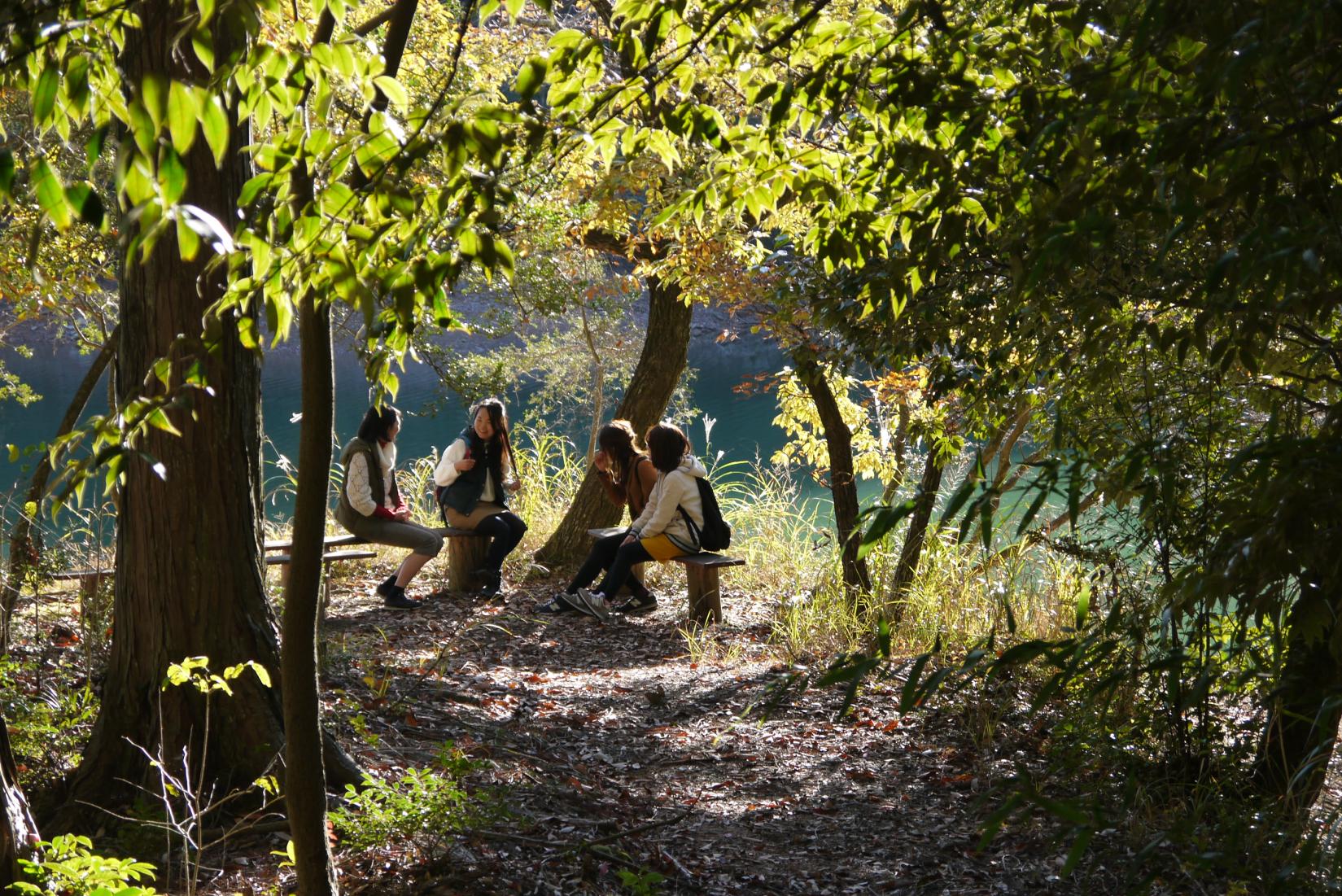
Kumazasa Bamboos and Lake Trails
View moreThis road circles Zenzo Pond from Therapy Plaza. Conifers and mixed-tree groves intermingle around the pond, creating wonderful gradation between greenery and autumn leaves in the fall. Kumazasa bamboo covers the ground of the cypress and cedar woodland along the road, stretching out like a bamboo carpet.
Highlights
Greenpia Yame
This accommodation facility consists of a hotel and cottages. Flowers such as cherry blossoms, rhododendrons, and hydrangeas bloom one after another from spring to early summer, and you can also enjoy their crimson leaves in the fall. The facility is full of amusements for the whole family to enjoy, including boats, off-road go-carting (1 lap = 700 m), a pool, and a roller-skating rink! Farming experiences are available in the surrounding area, including rice planting and harvesting. We recommend watching the fireflies in the streams from the end of May to the beginning of June.
Kurogi Onsen Kutsurogi no Yu
This hot spring is part of Greenpia Yame. It boasts two large public baths, with outdoor bathing: the western-inspired Ajisai, with a domed ceiling, and Shakunage, primarily made with Japanese cypress and rocks. There is also a family bath that can be reserved by visitors (with open air bath).
After bathing, unwind as you please—relax in the rest space, or do some shopping in the store selling locally grown vegetables, fruit, and specialty products.
Kurogi, Yame City, Important Preservation District for Groups of Traditional Buildings
The Kurogi area is designated an Important Preservation District for Groups of Traditional Buildings. Its historic scenery is full of charm, and many stately townhouses and warehouses from the late 19th century still stand here, especially the former Matsuki Family residence. It is also highly valued and rated for its cultural heritage connected to water use, including the Yabe River dam, the waterways that flow through the town, and the terraced rice fields and stone walls on the opposite shore.
Reiganji Temple
Reiganji Temple is believed to be the original source of Yamecha tea—it is said that Zen master Eirin Shuzui cultivated tea seeds he brought back from China in 1423, and passed on his method of making tea. The temple grounds are home to an expanse of oddly shaped rocks, creating the feeling that you have entered another world.
The wisteria of Kurogi
This great wisteria tree, which is over 600 years old, is a nationally designated natural monument that stands in the grounds of Susanoo Shrine. From mid-April to the start of May, it bears what is said to be millions of flowers, and the wisteria trellis in full bloom is definitely a sight to see. A festival is also held while the wisteria is blooming, and visitors can enjoy the flowers and their scent to their heart’s content.
TRAIL MAP
Google Maps may not display correctly if left open for more than 1 day


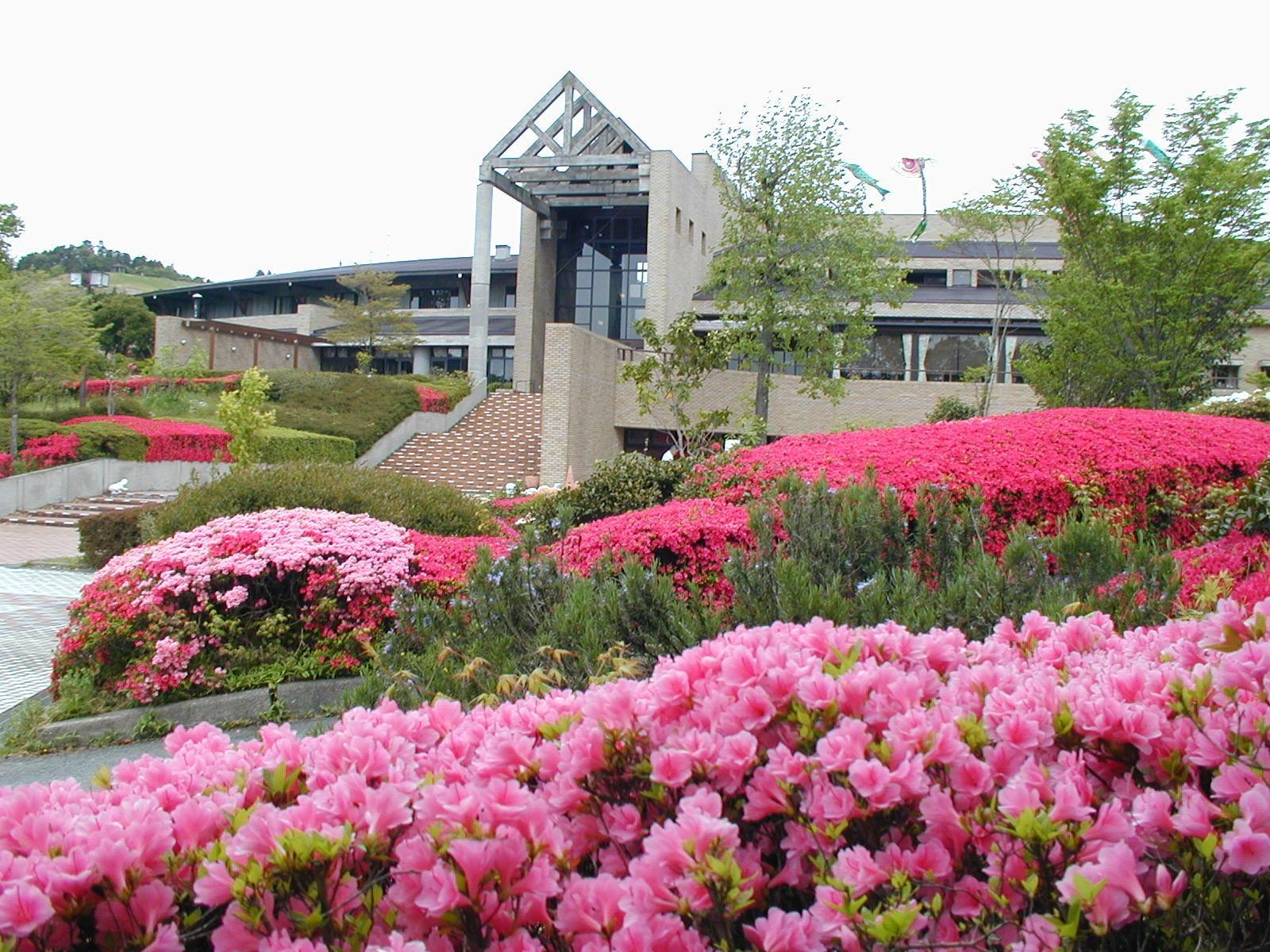
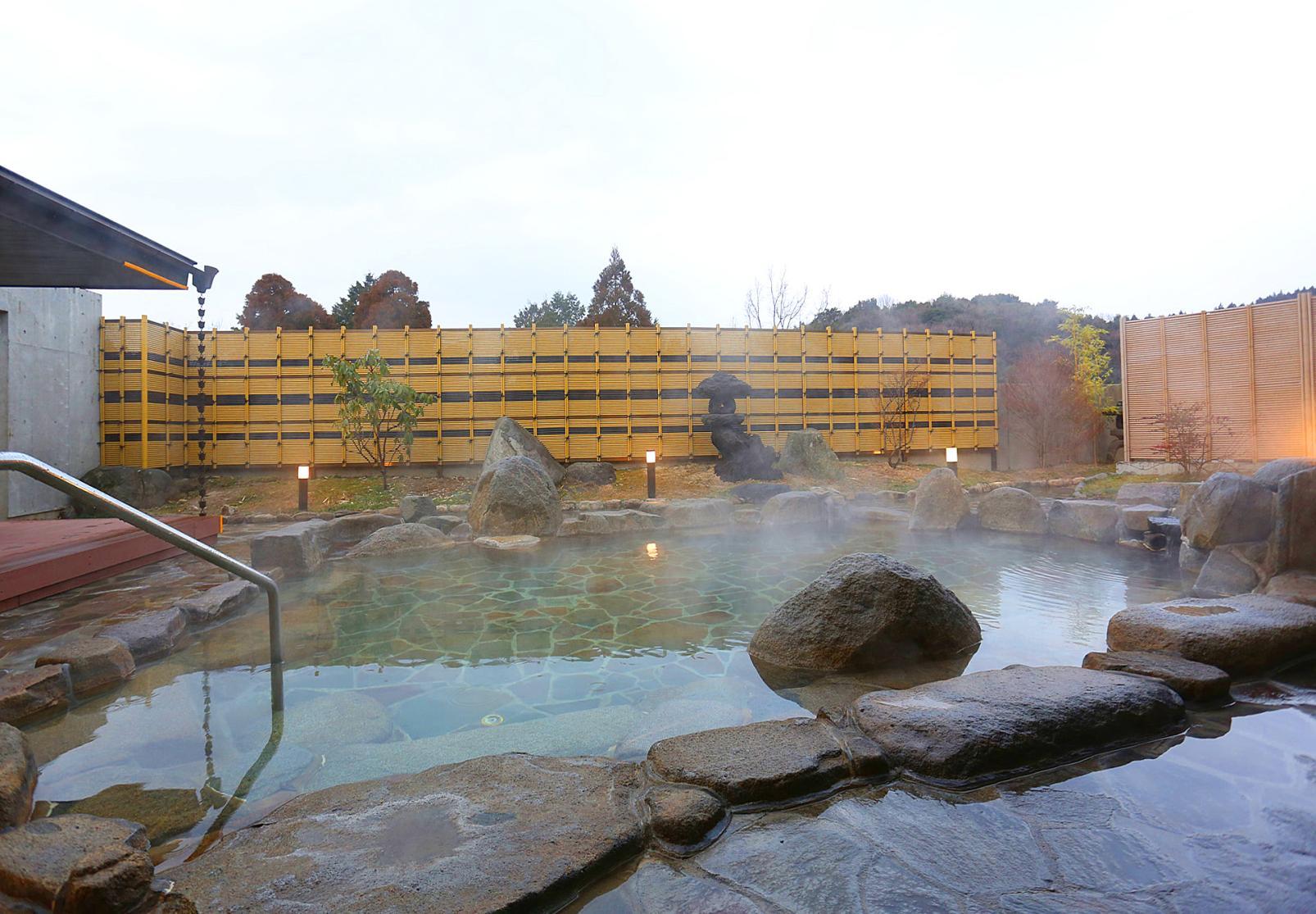
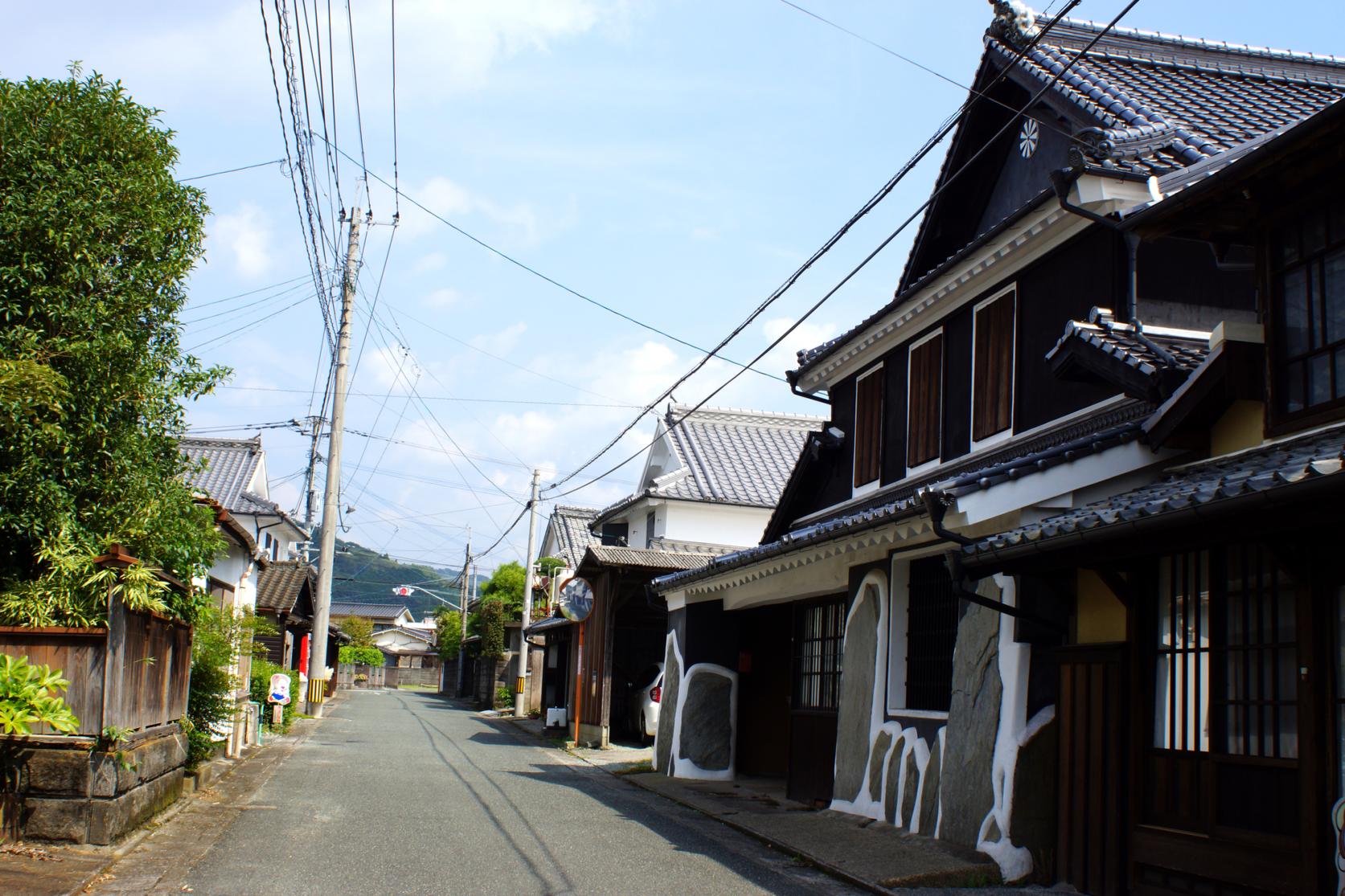
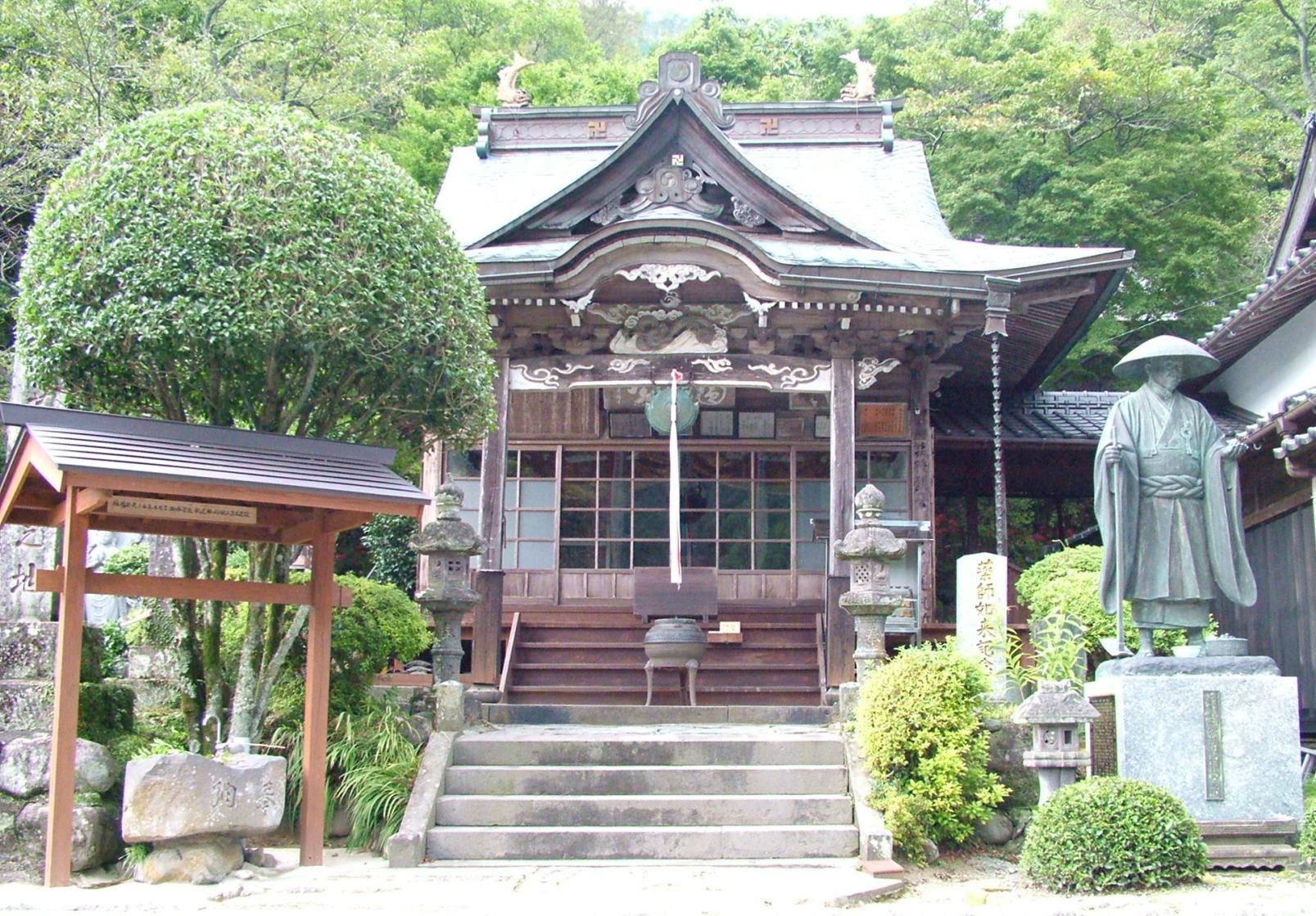
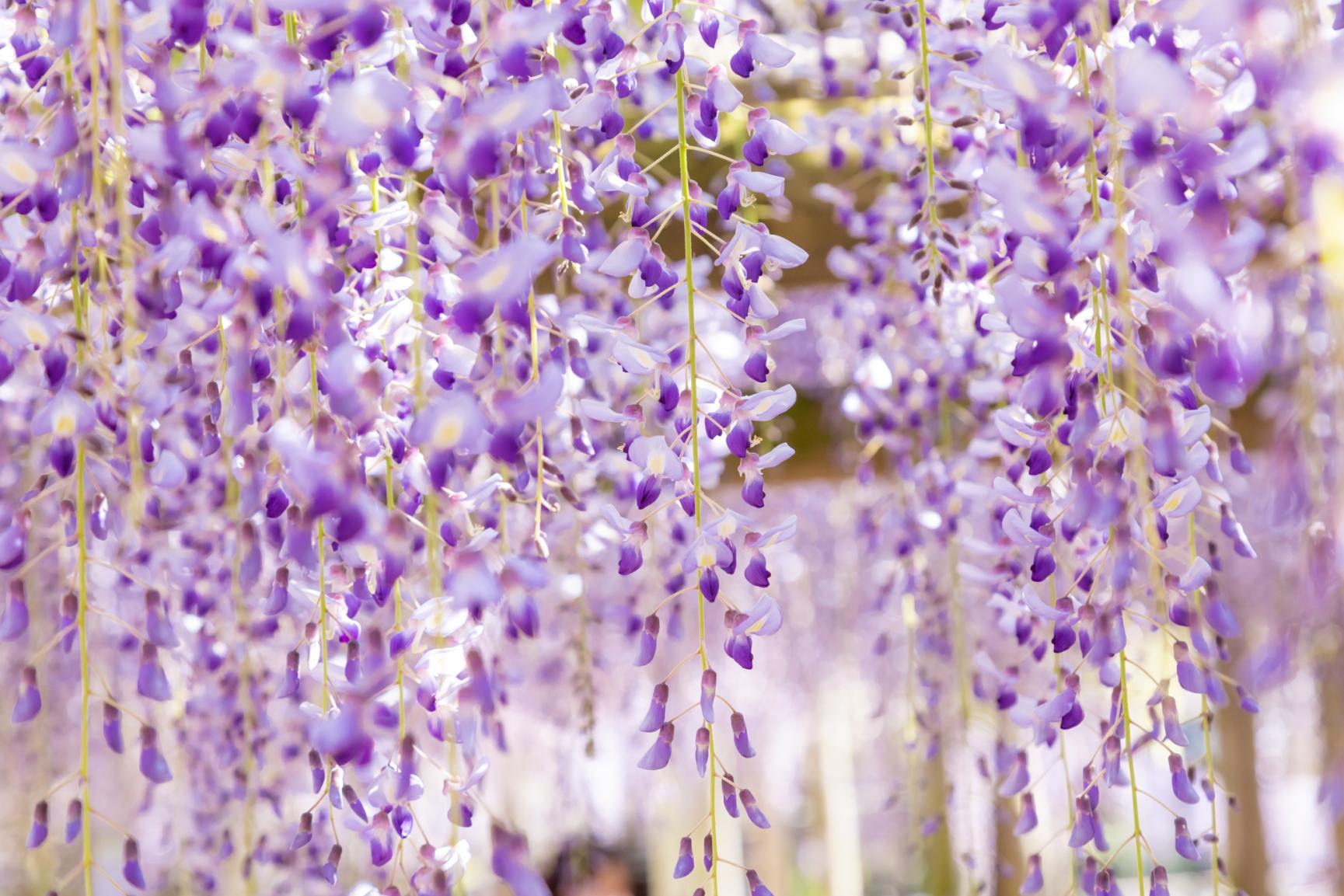
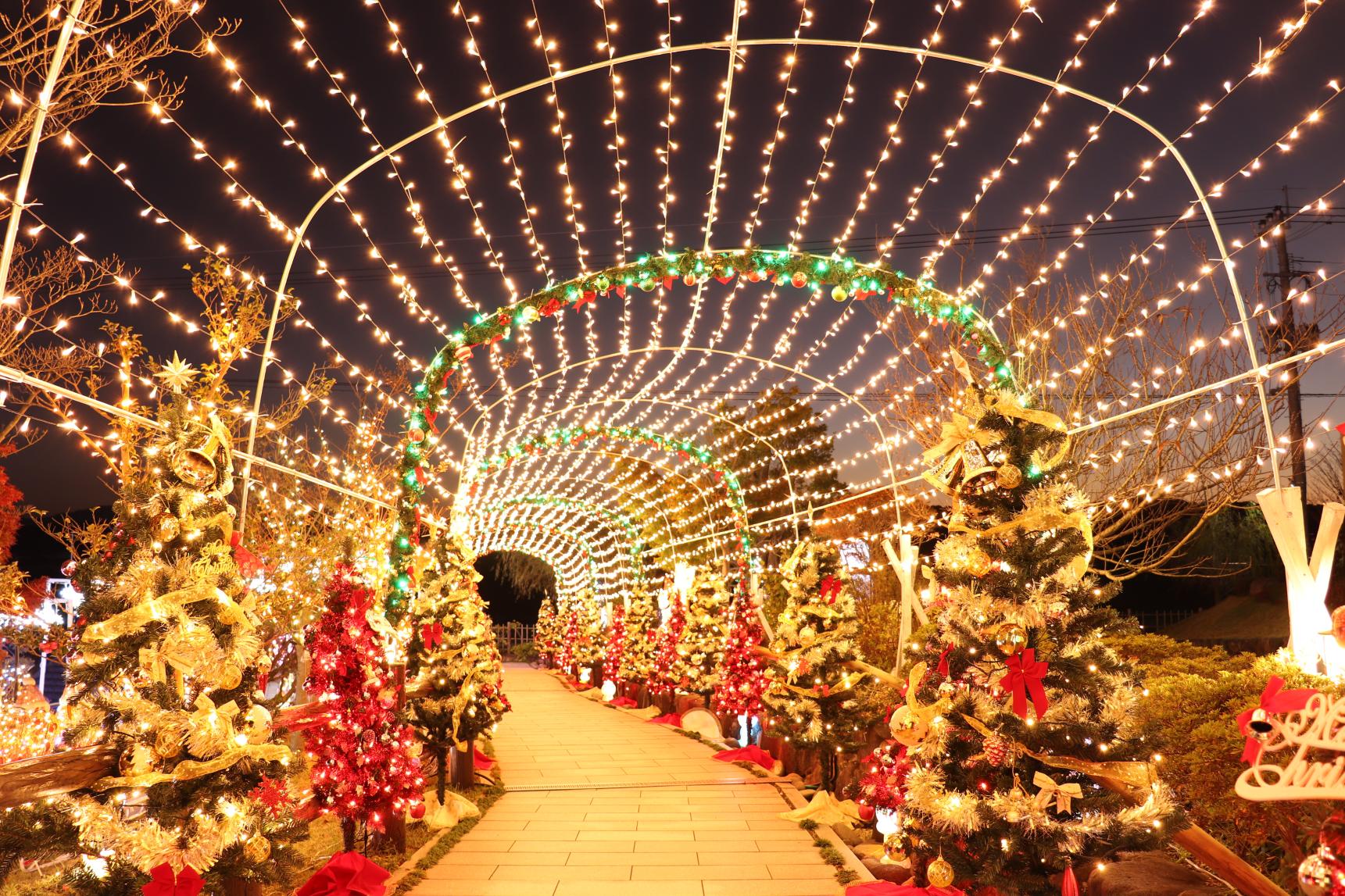
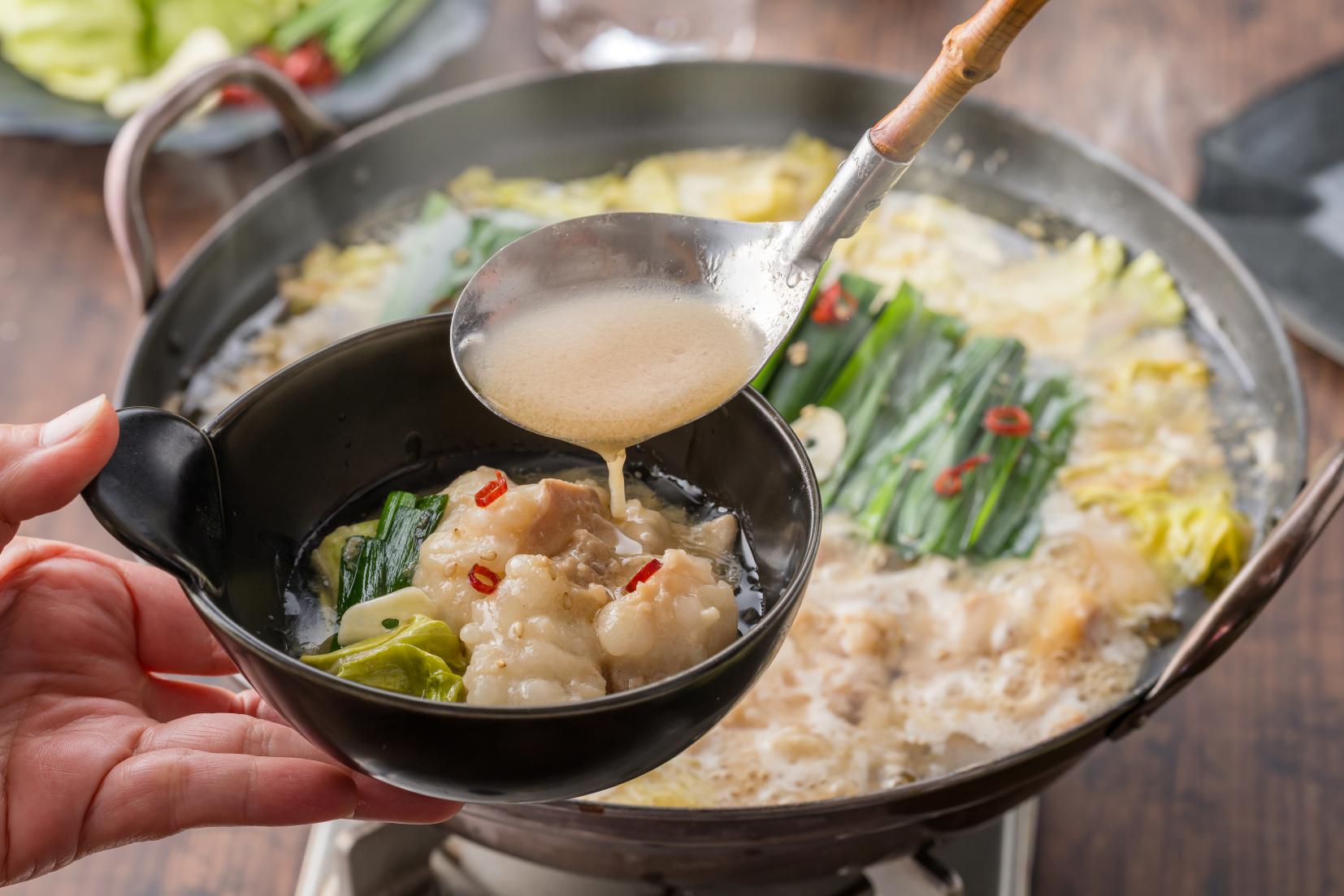
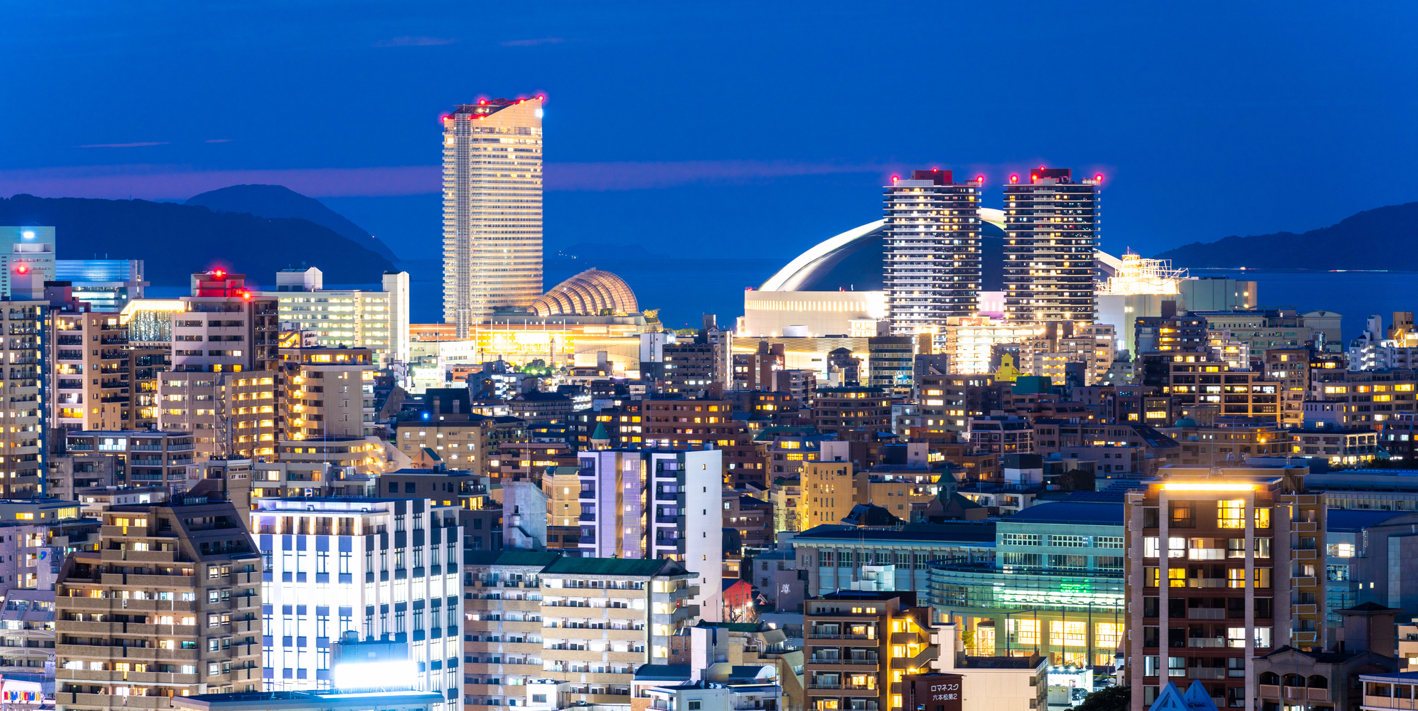
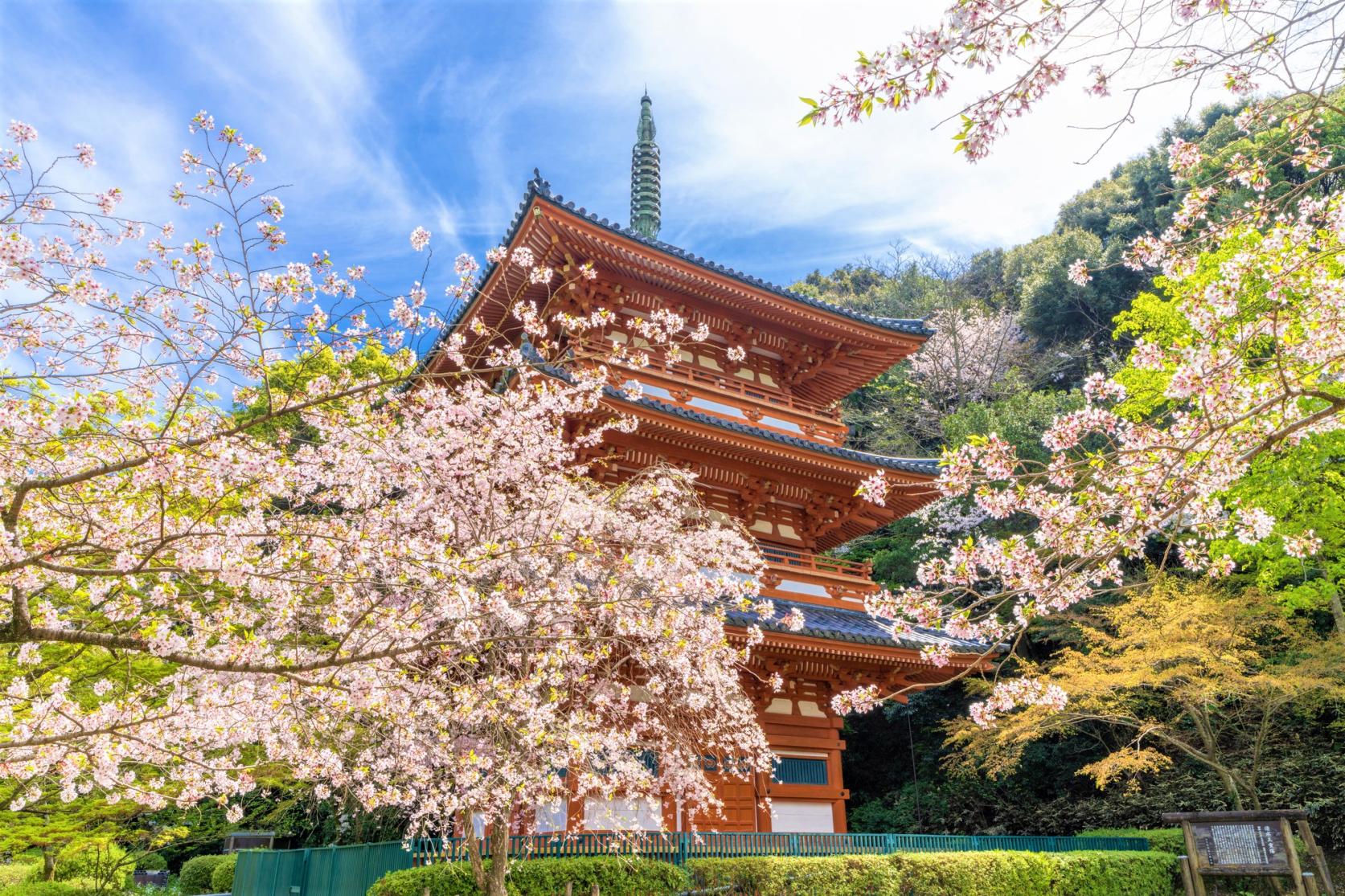
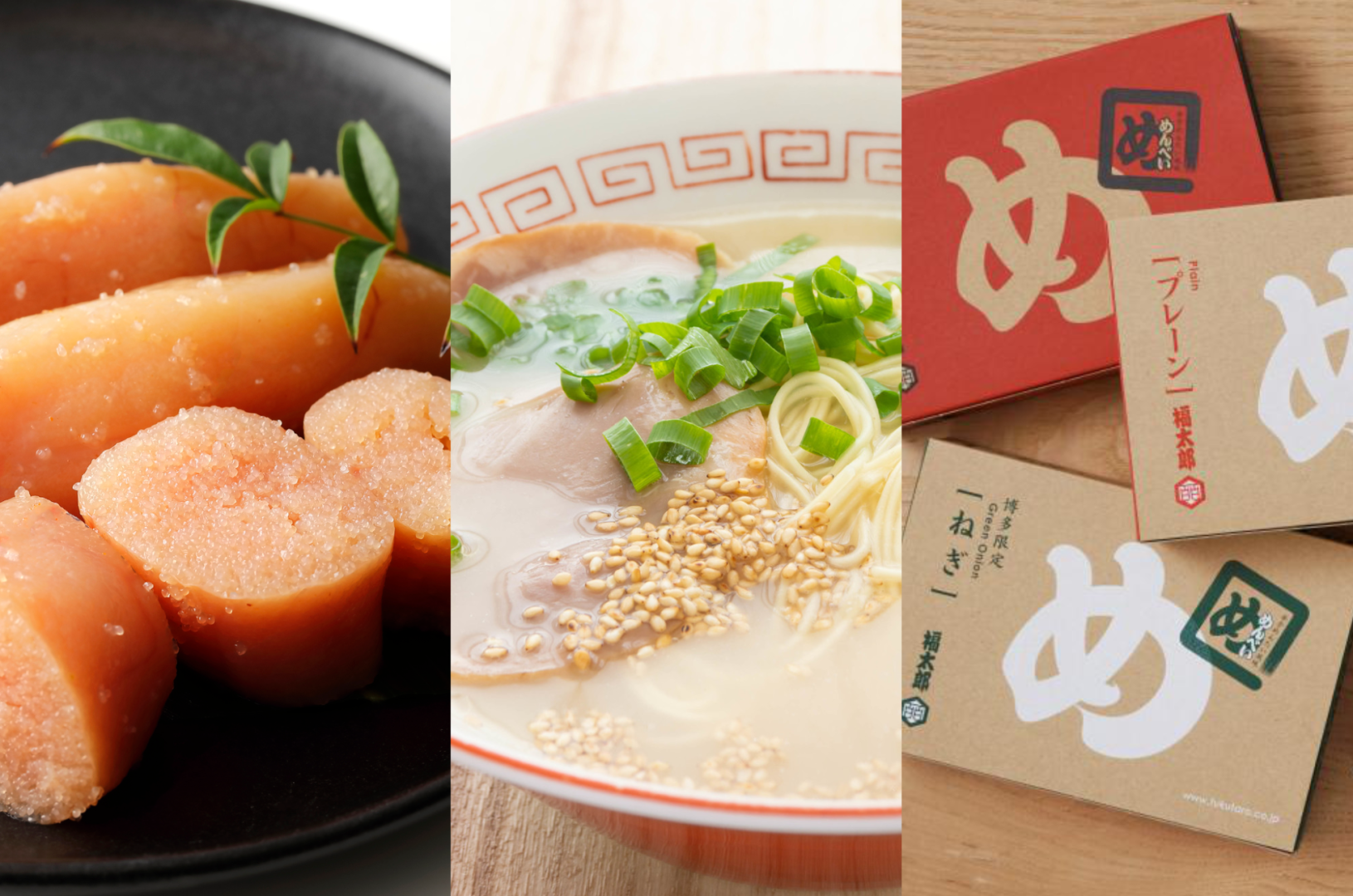
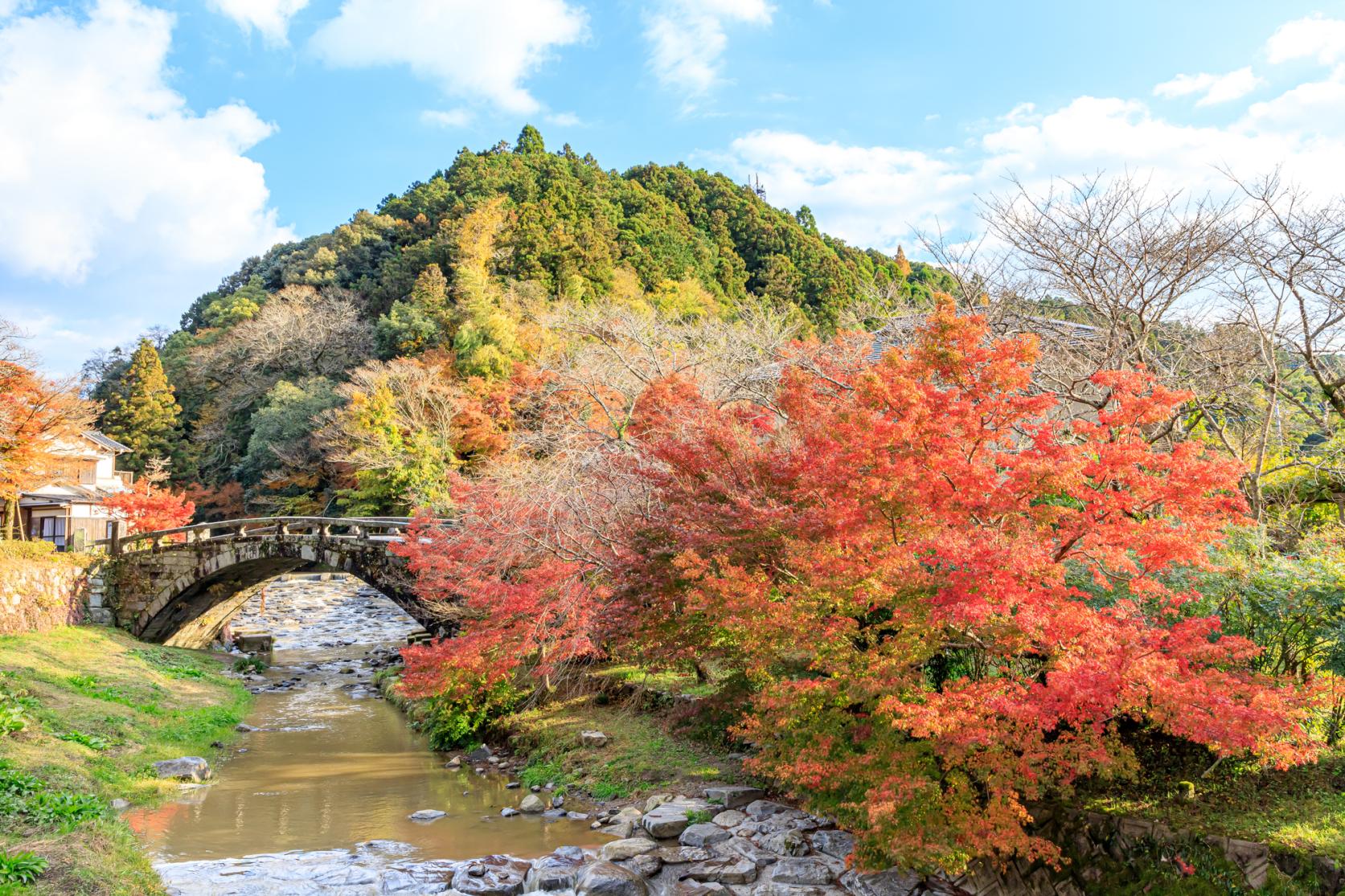

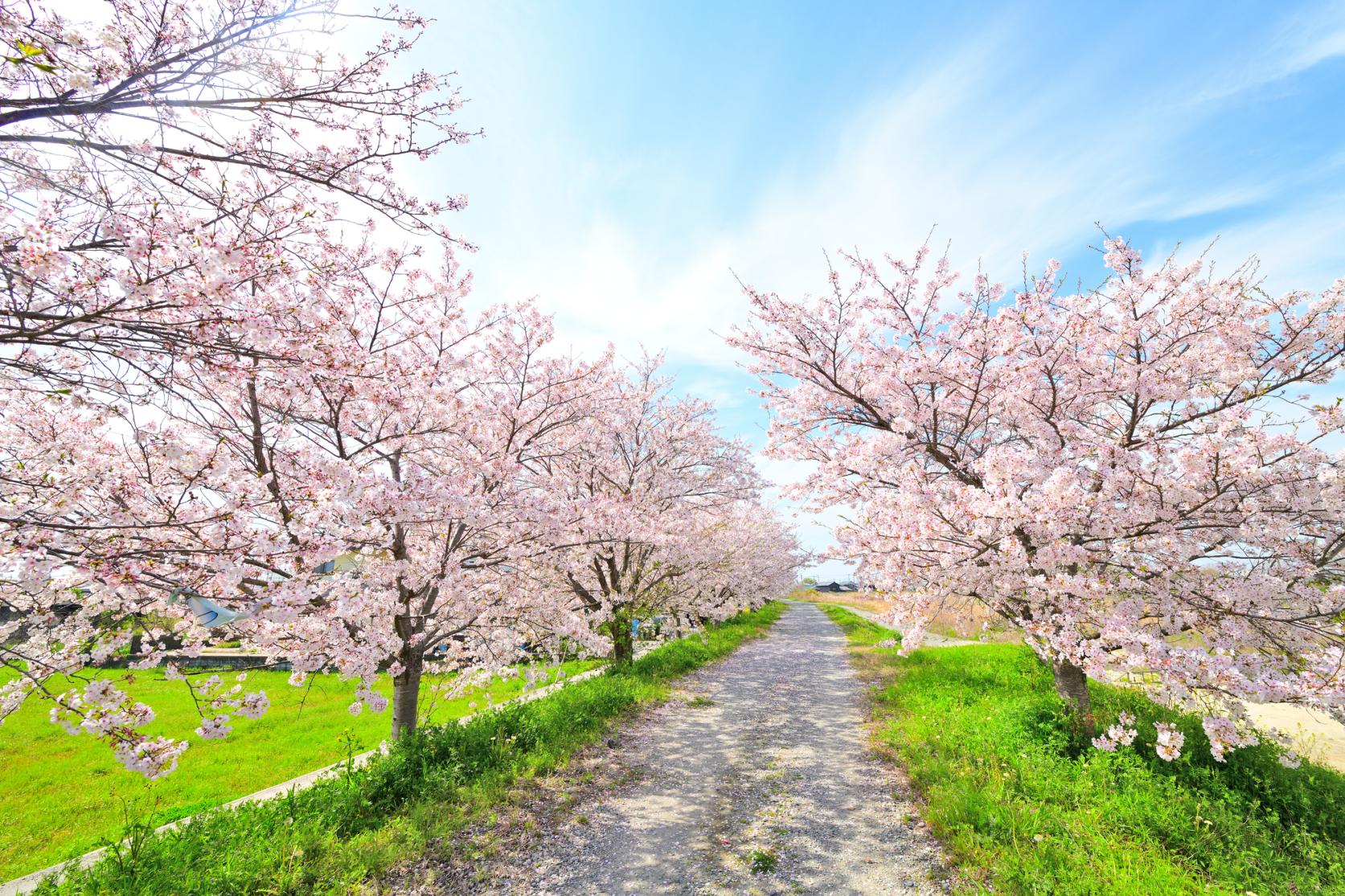
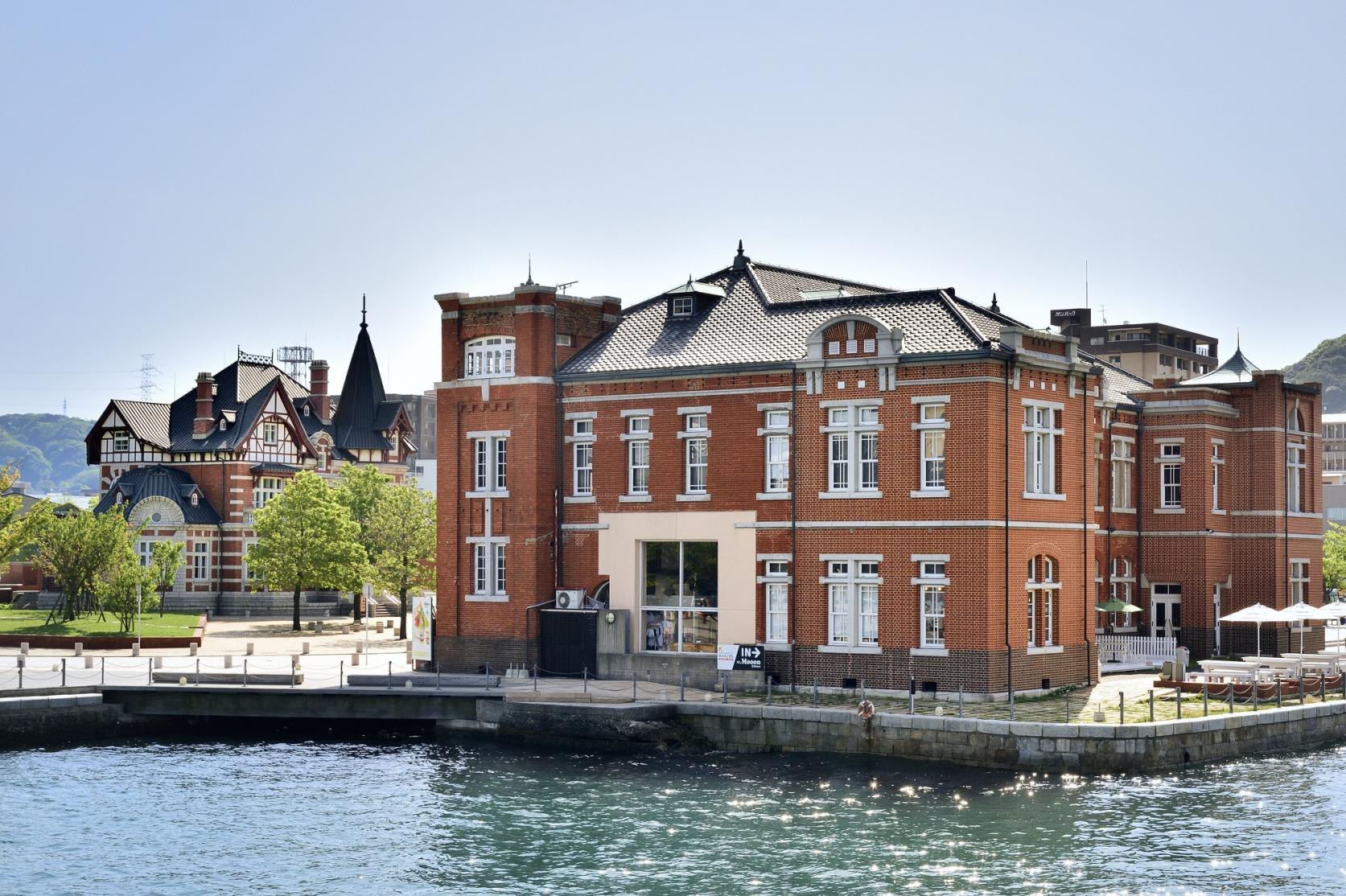
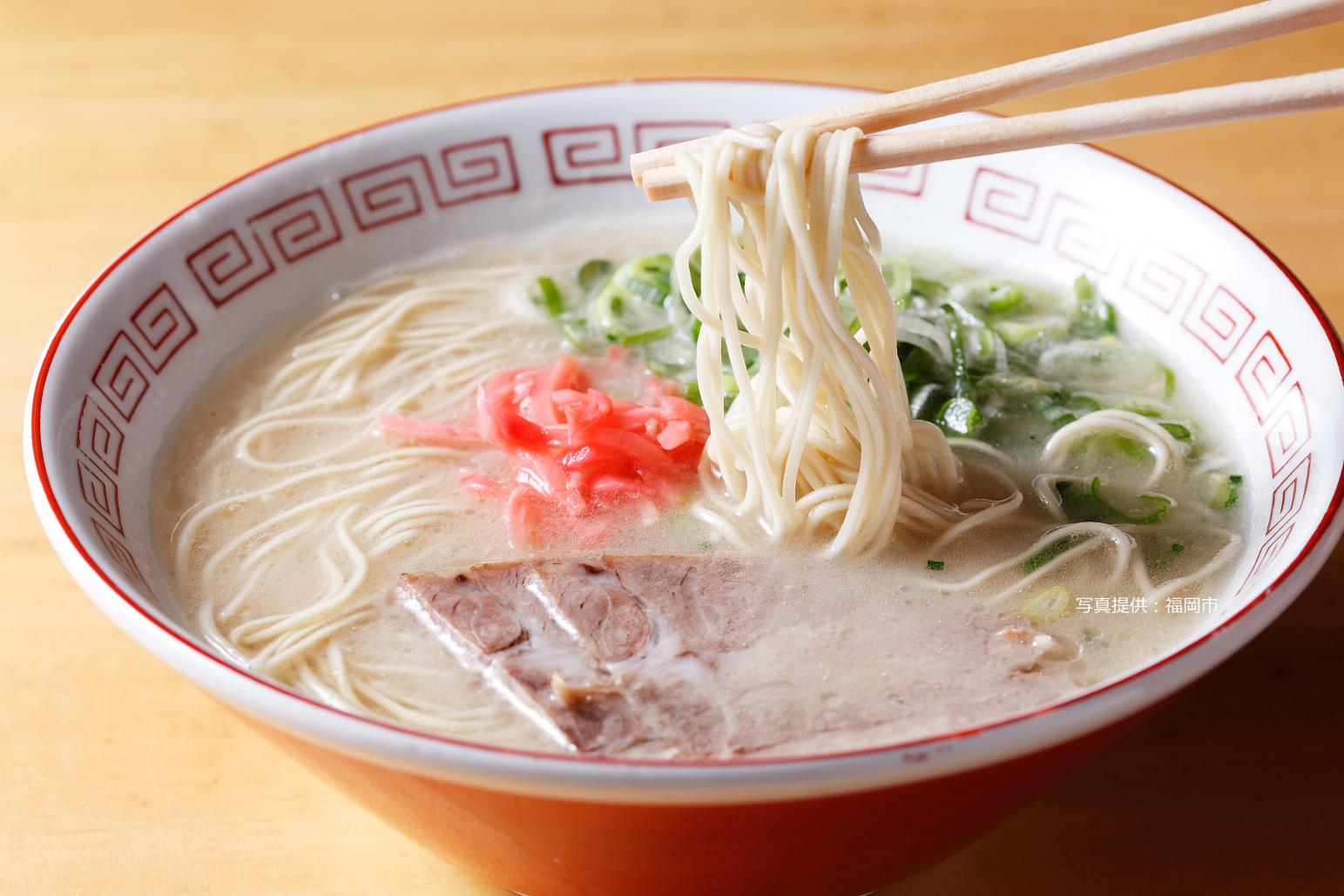
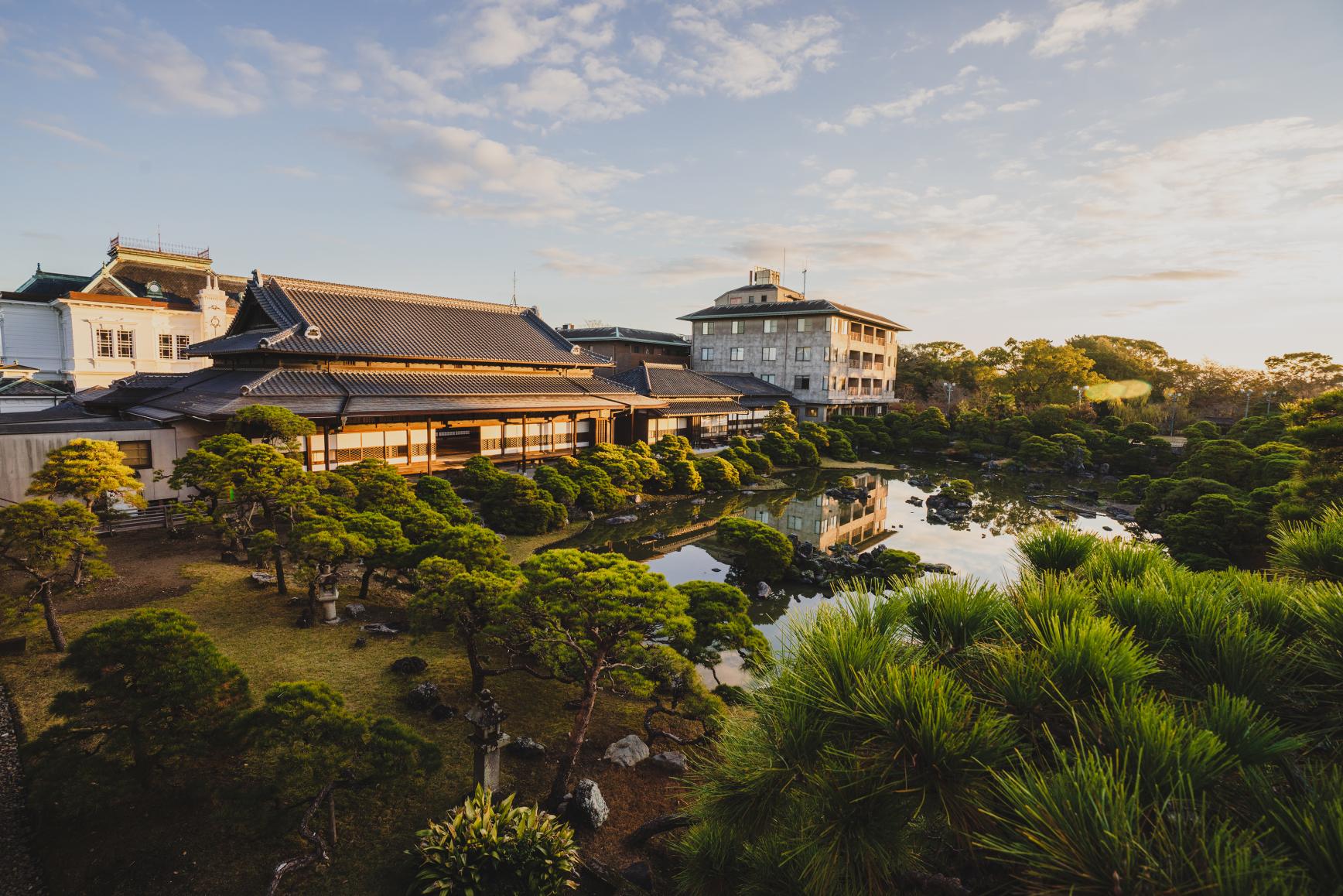
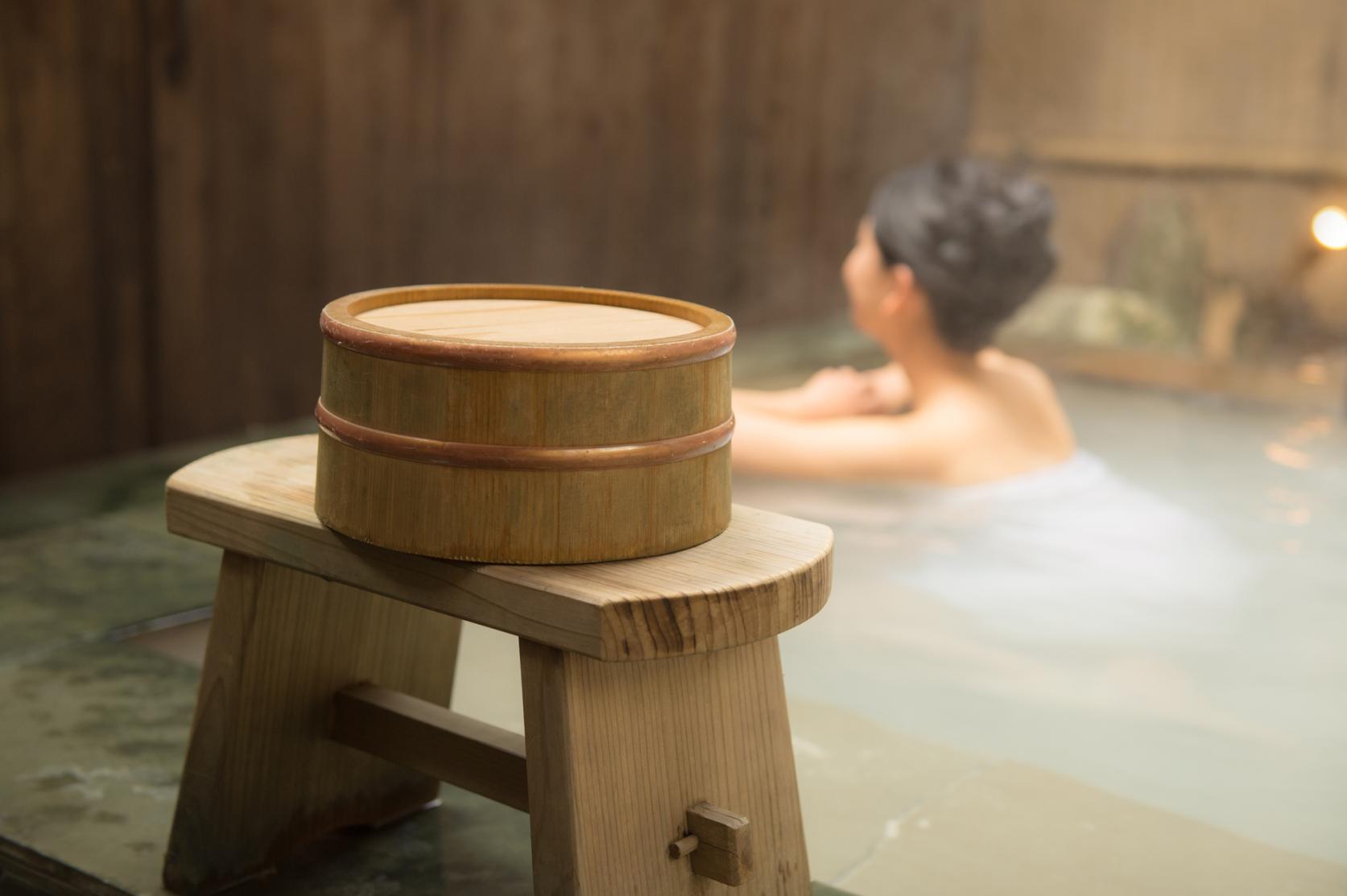
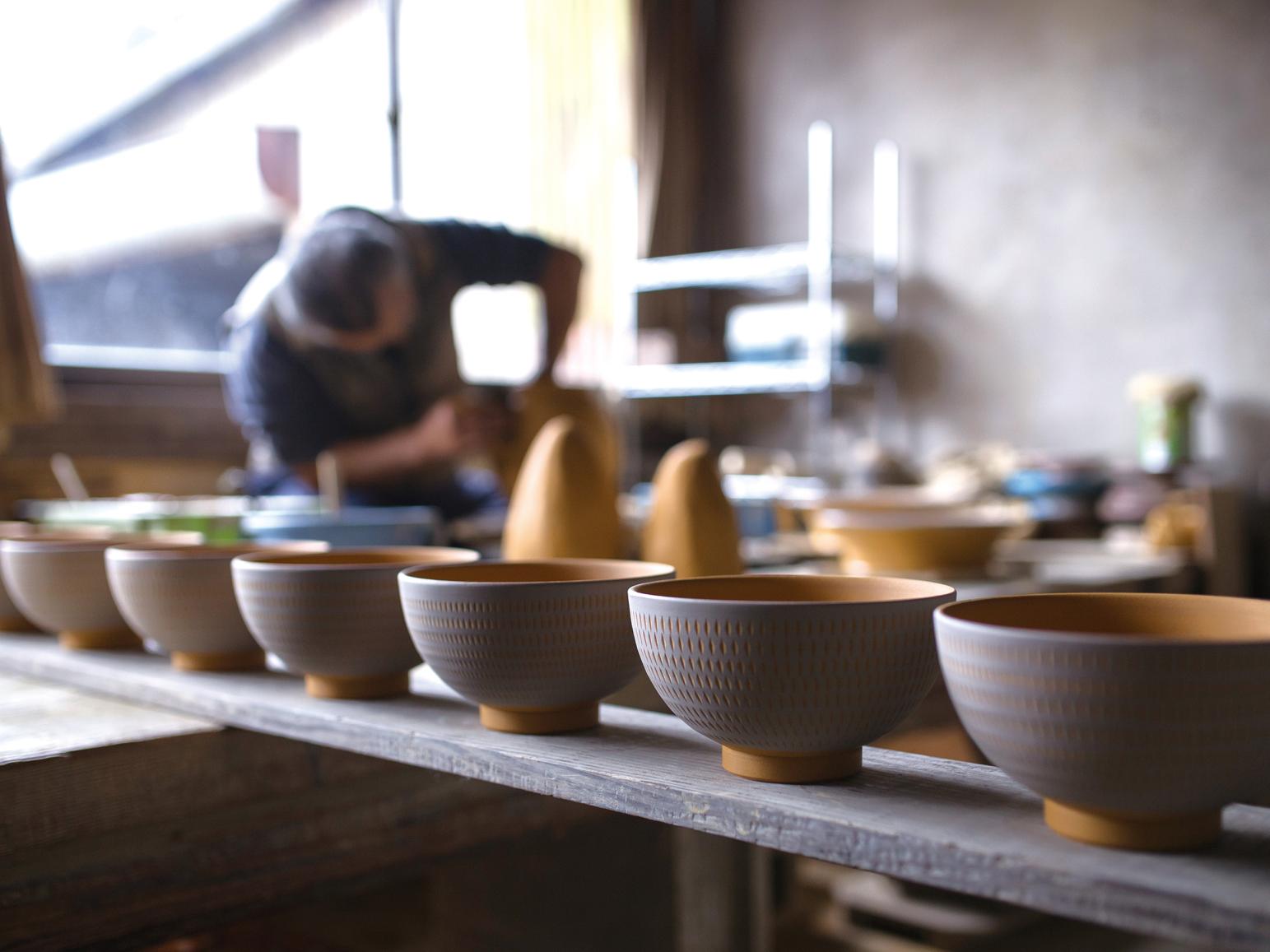
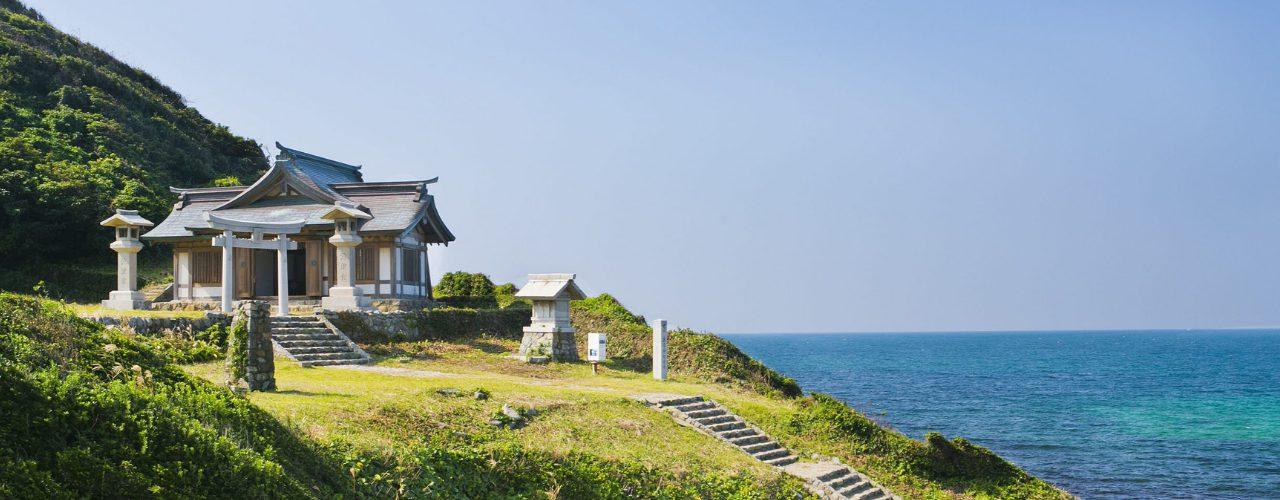
![[2025] Strawberry Picking Spots in Fukuoka-1](https://www.crossroadfukuoka.jp/storage/special_features/49/responsive_images/9ZHgrqvQdpH8tM4IRF54DXu0aPBF3YGGkj5WOTGc__1673_1115.jpg)
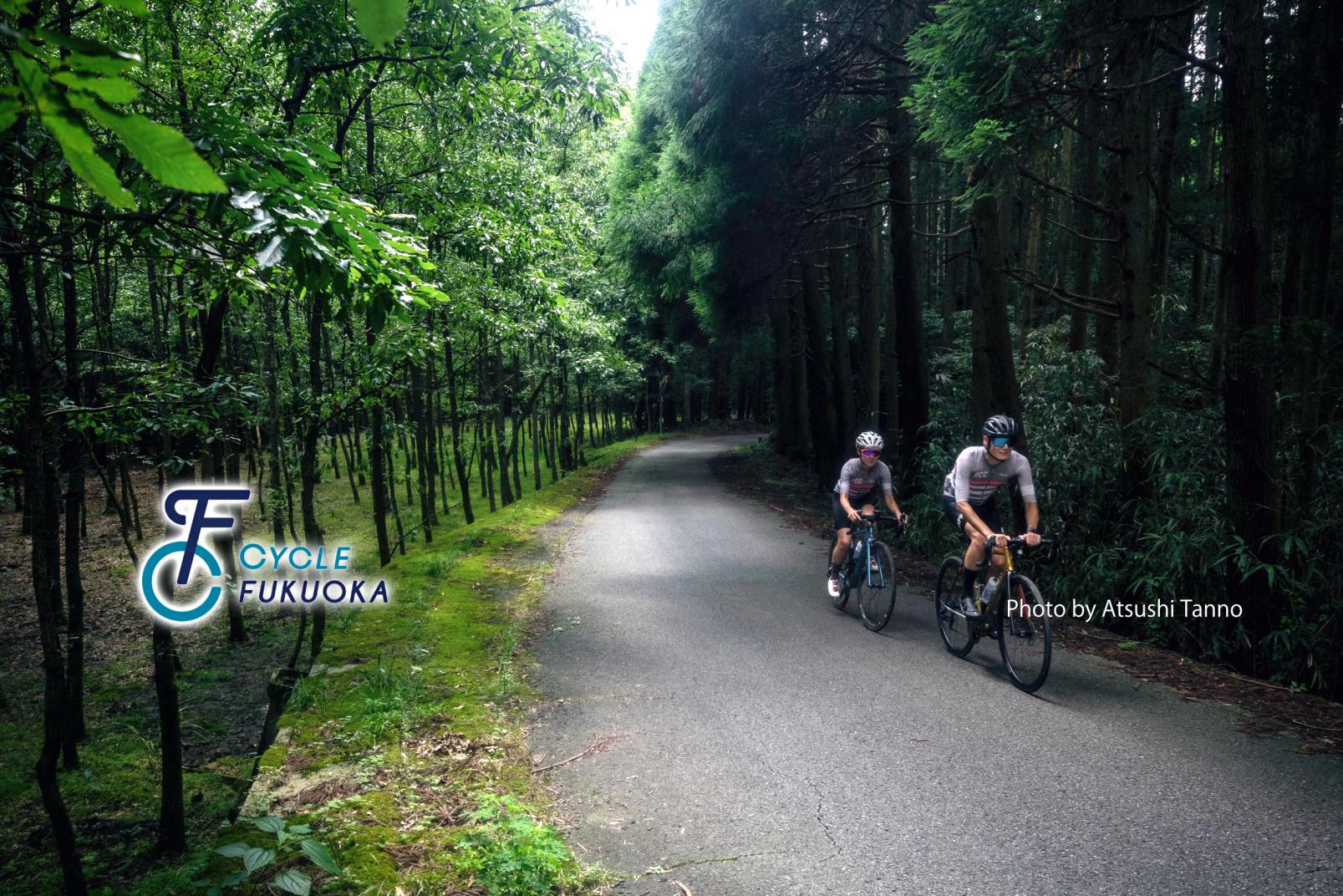
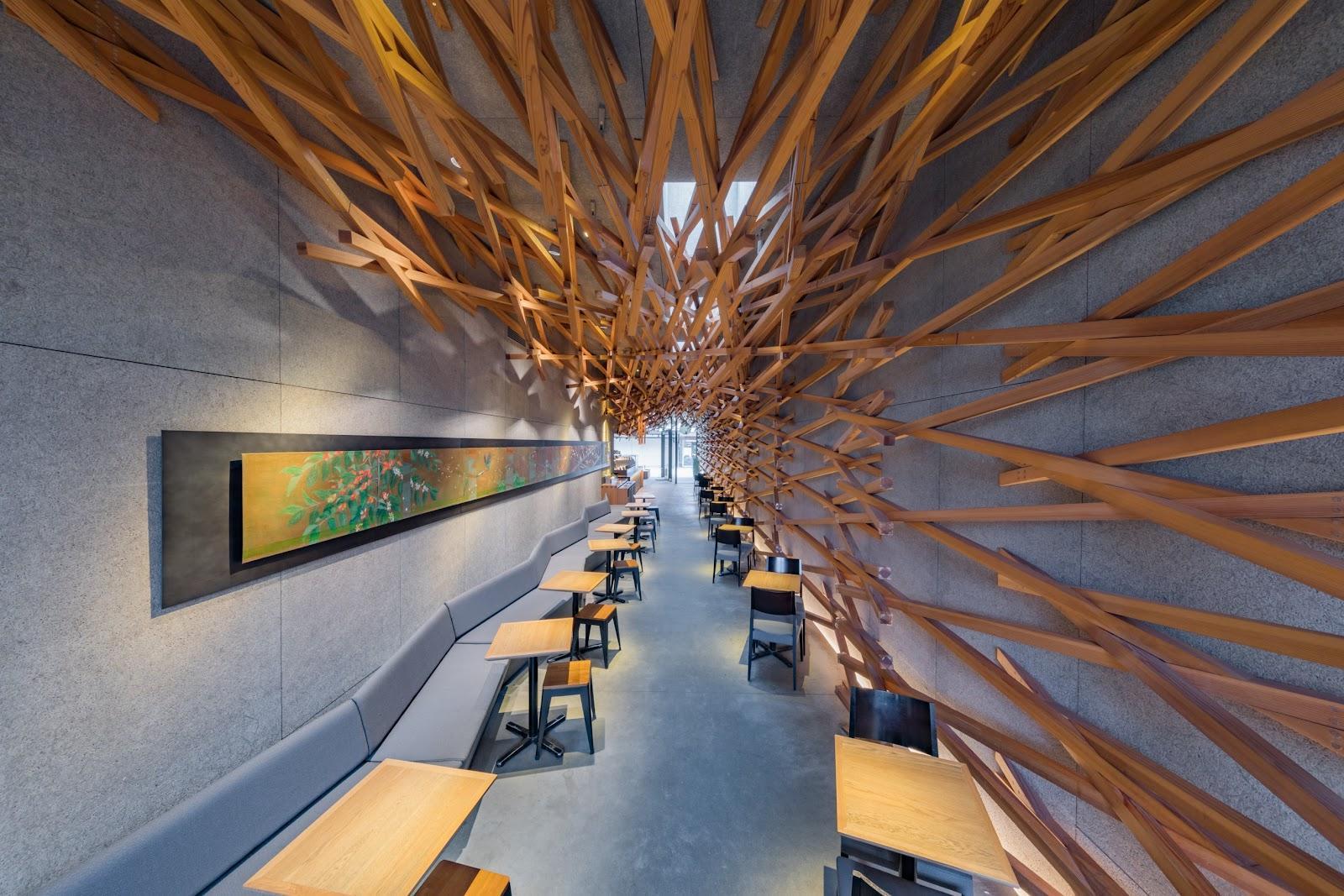
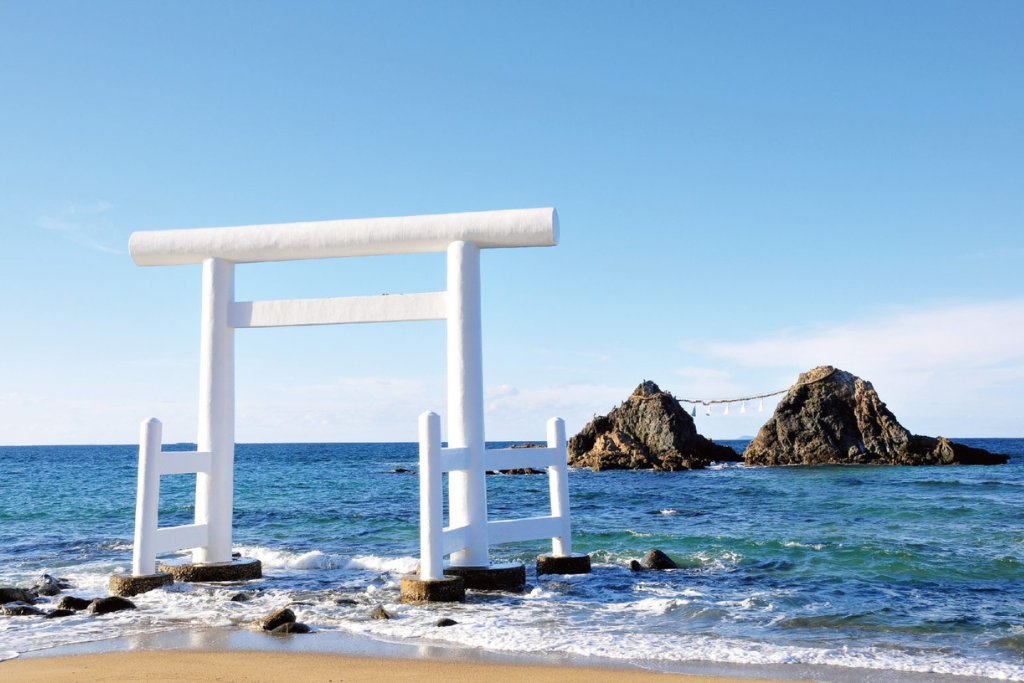
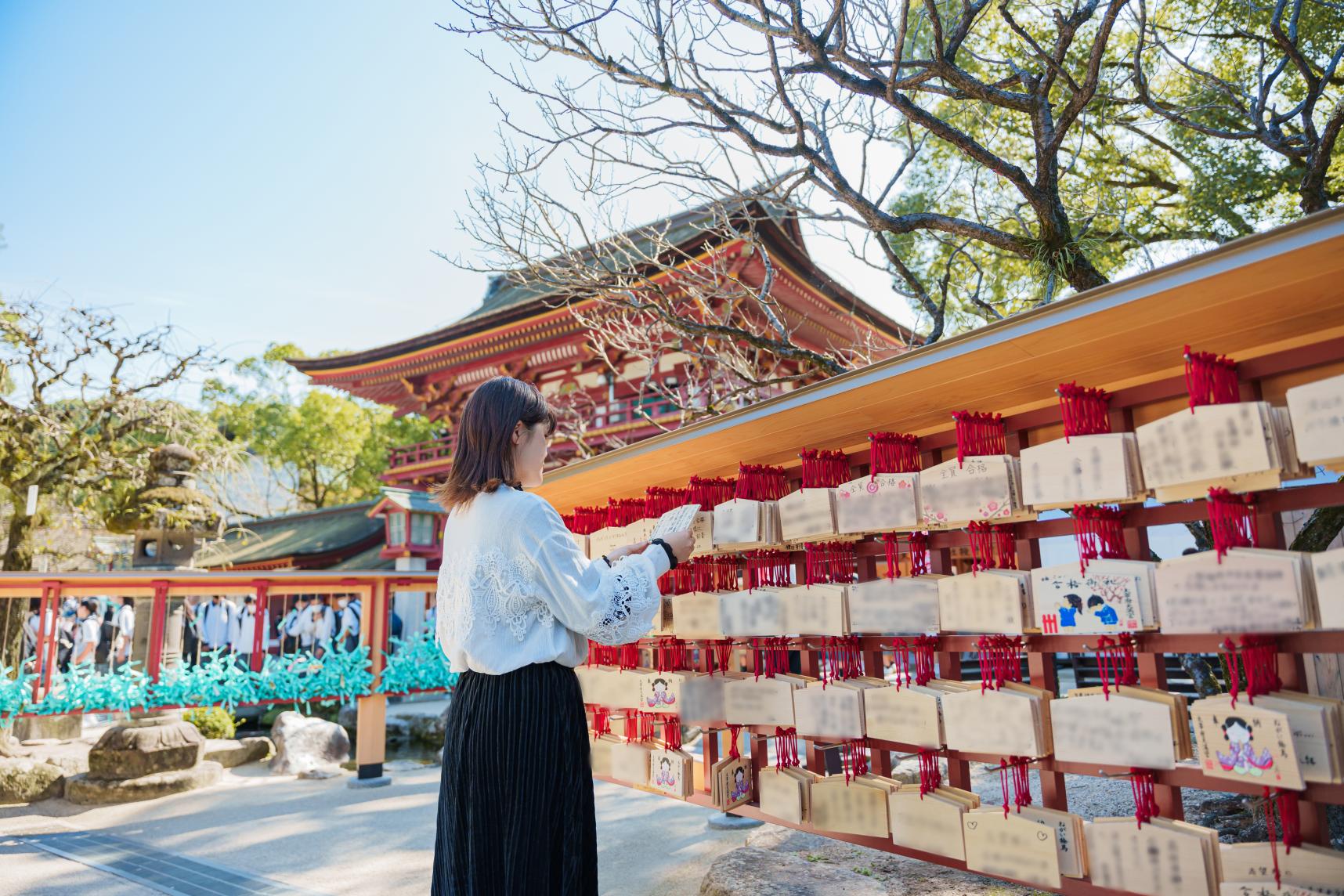
![[2024 Edition] Filled with blessings! The ultimate Fukuoka power spots to bring you happiness.-1](https://www.crossroadfukuoka.jp/storage/special_features/320/responsive_images/6SsCvBDXBhlZoAGUgarTOpZpEaEwsIqsWzSxW8cw__1289_856.png)